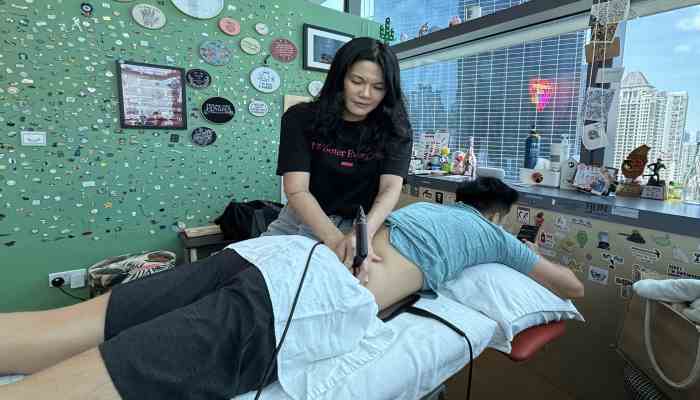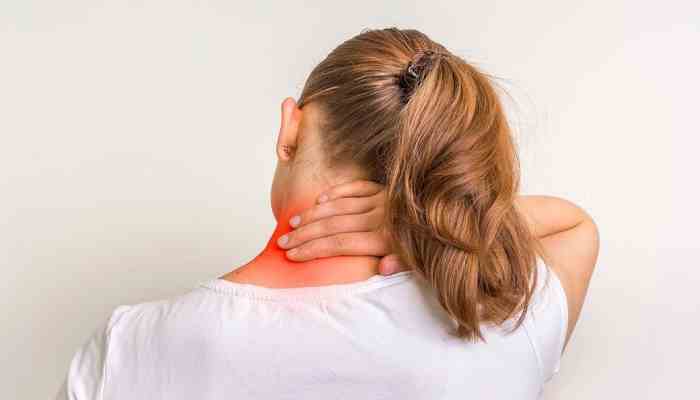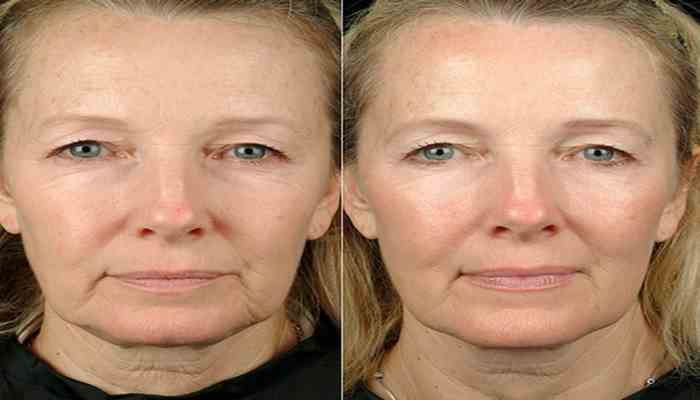Slipped Disc Treatment Singapore: Does Bed Rest Help?
A slipped disc is also known as a herniated disc. It happens when one of the soft cushions between the bones of your spine pushes out. Read more: https://chouneurosurgery.com/condition/slipped-disc-and-sciatica/.
In the event that it happens, it can cause back pain that affects your daily life. As a potential remedy, you might wonder if lying in bed is the best fix or if gentle movement would be more helpful.
To help with such concerns, we created this guide to clarify when to head to a hospital, which doctor to see, and whether bed rest really works. Keep reading!
What Causes a Slipped Disc?
A slipped disc begins with wear and tear or sudden strain on your spine. Between each vertebra (spine bone) there is a soft, jelly-like disc that absorbs shock as you move.
Over time, these discs can weaken. Potential issues that can cause the disc’s outer layer to tear includes lifting heavy objects the wrong way, twisting too fast, or an awkward fall.
When that happens, the inner material bulges out and presses on nearby nerves. You might first notice a sharp pain in your lower back that shoots down to your leg.
This pain is known as sciatica and it happens if the slipped part presses on the sciatic nerve. You could also feel numbness, tingling or weakness in one leg or foot.
Some people say lifting even a small weight suddenly causes intense pain that doesn’t go away with rest. If you find it hard to stand straight, cough or sneeze without pain, these are some clues that a disc may have slipped.
Another sign of slipped disc is muscle spasms around your lower back. You might feel tightness that makes bending forward or backwards difficult.
Simple tasks like tying shoelaces or picking up a light object can also become painful. Consider seeing a specialist for slipped disc treatment in Singapore if you experience these symptoms for more than a few days.
Should you Rest or Move a Slipped Disc?
When your disc slips, you may think bed rest is the obvious answer. But completely stopping movement can make your muscles weaker.
When seeing a specialist for slipped disc treatment in Singapore, they may actually advise gentle movement instead of full rest. Walking, stretching and light exercises can improve blood flow and help the disc heal faster.
If you lie down for too long, your back muscles stiffen, and the supporting muscles shrink. That can actually delay your recovery.
That said, it may help to go for short walks a few times a day. Start by walking around your home or office hallway for five to ten minutes.
As the pain lessens, increase your distance. Moving helps your body deliver nutrients and oxygen to the damaged disc, which promotes healing.
Some physiotherapists teach simple core-strengthening exercises you can do at home. These help stabilise your spine and reduce pressure on the slipped disc.
On the other hand, you should avoid heavy lifting, bending at the waist or twisting sharply as these actions can worsen the slipped disc. If you feel a sudden jolt of pain, stop and rest for a few minutes.
Use a firm mattress or mattress topper to support your spine, but don’t stay in bed all day. Stay as active as your pain allows. This balance—resting when needed but moving lightly—often leads to faster relief than strict bed rest.
So, is Bed Rest Good for Slipped Discs?
Many people believe that bed rest is the quickest way to heal a slipped disc. Now, we wish to clarify that while short-term bed rest can offer temporary relief for a slipped disc, it’s not generally recommended as a long-term solution.
Too much rest can backfire because when you lie down for extended periods, your spine receives less support from its surrounding muscles. These muscles help hold your spine in place.
Without muscle engagement, your spine can lose stability and make the slipped disc press harder on nerves. That does not mean you avoid bed completely. In the first one or two days of acute pain, a short period of rest can reduce inflammation and ease muscle spasms.
Lie on your back with a pillow under your knees or on your side with a pillow between your legs. These positions help keep your spine in a neutral, comfortable alignment.
But after 48 hours, you should start gentle movements. You do not want to stay in bed for a week or more as this can weaken your core and back muscles and leave your spine vulnerable.
It can also actually make you prone to future slipped discs. Comfortable rest combined with occasional movement supports better blood flow and speeds healing.
When should you go to the Hospital for a Slipped Disc?
You should go to the hospital for a slipped disc if your back pain doesn’t improve after two weeks of rest and gentle movement. We also strongly recommend immediate hospital care if you experience sudden loss of bladder or bowel control, or severe weakness in your legs.
These symptoms can point to cauda equina syndrome, a rare but serious condition where nerves at the end of your spinal cord are compressed. Seek emergency attention if you feel numbness around your groin or difficulty walking.
For less urgent matters, book an appointment with an orthopaedic surgeon or a neurosurgeon specialising in spine health. These specialists diagnose a slipped disc using your medical history, physical exams and imaging tests like an MRI.
Your first stop might be a general practitioner (GP) who can assess your symptoms and refer you to the right specialist. The GP can rule out other causes of back pain and prescribe pain relief or muscle relaxants.
If needed, they may direct you to an orthopaedic surgeon for further scans.
Wrapping Up
A slipped disc can greatly disrupt your daily life. However, if you know what to do, it becomes easy to recover faster.
Follow expert advice and choose the right slipped disc treatment for proper healing, reduce pain and prevent future issues. Act early to regain strength safely.
Are you thinking about your spine health? Why not book a consultation today with our Singapore clinic for proper assessment and treatment planning.
Our specialists will guide you through every step of your treatment for the best outcomes. Call or visit us at;
CHOU Neurosurgery Clinic (Farrer Park) – Brain & Spine Specialist Singapore
1 Farrer Park Station Rd, #08-06, Singapore 217562
https://chouneurosurgery.com/
Phone: +65 6694 7942







